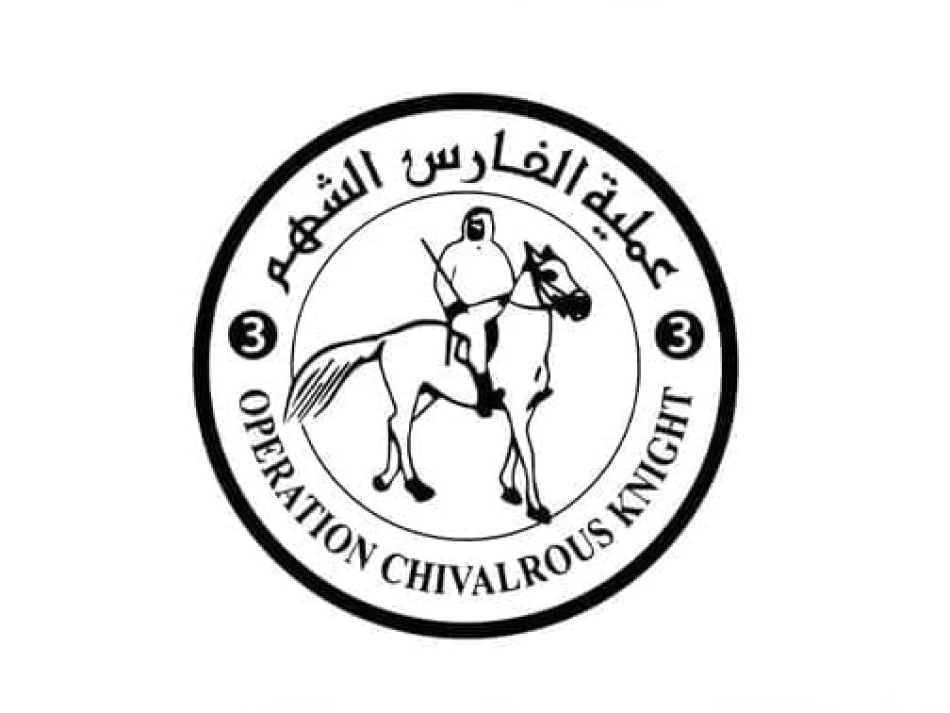
UAE Airlifts 63 Aid Flights, Delivers 32 Food Trucks to Gaza in 'Birds of Goodness' Operation
UAE Intensifies Gaza Relief Operations as Regional Humanitarian Crisis Deepens
The United Arab Emirates has conducted its 63rd airdrop mission to Gaza, delivering over 3,840 tons of aid through international partnerships while simultaneously coordinating ground convoys. This sustained effort reflects the UAE's strategic positioning as a regional humanitarian leader amid ongoing challenges in delivering aid to inaccessible areas of the Palestinian territory.
Coordinated International Response Takes Shape
The latest airdrop, designated as mission 63 under the "Birds of Goodness" operation—part of the broader "Noble Knight 3" initiative—demonstrates growing international coordination. The UAE partnered with Jordan, France, and Germany for this delivery, highlighting how Middle Eastern nations are increasingly collaborating with European partners on humanitarian interventions.
This multilateral approach mirrors successful humanitarian coalitions seen in previous crises, where Gulf states have leveraged their logistical capabilities alongside Western technical expertise. The partnership structure suggests a more sophisticated approach to crisis response than traditional bilateral aid programs.
Dual-Track Delivery Strategy Addresses Access Challenges
Air and Ground Operations
The UAE's strategy combines aerial drops with ground-based truck convoys—32 trucks entered Gaza on the same day as the airdrop. This dual approach acknowledges the complex reality of aid delivery in conflict zones, where ground access remains limited due to security conditions.
Airdrops, while more expensive per ton than ground delivery, can reach areas completely cut off from traditional supply routes. The UAE's accumulated total of 3,840 tons represents a significant logistical achievement, particularly given the precision required for effective aerial humanitarian operations.
Strategic Implications for Regional Leadership
UAE's Humanitarian Diplomacy
The sustained nature of these operations—63 missions to date—positions the UAE as a consistent humanitarian actor rather than a crisis-response participant. This approach aligns with the country's broader foreign policy strategy of building international goodwill through practical assistance rather than political rhetoric.
The UAE's model contrasts with more politically charged approaches seen elsewhere in the region. By focusing on operational delivery and international partnerships, the Emirates demonstrates how smaller nations can achieve outsized influence through consistent, professional humanitarian action.
Economic and Diplomatic Returns
While humanitarian in nature, these operations serve multiple strategic purposes. They strengthen ties with European partners, demonstrate operational capabilities to international observers, and build diplomatic capital that extends beyond the immediate crisis. This approach has proven effective for the UAE in previous regional challenges, from Yemen to Syria.
Operational Challenges and Innovation
The emphasis on reaching "areas difficult to access by land" highlights the complex logistics involved in conflict-zone humanitarian work. The UAE's ability to maintain regular operations suggests sophisticated supply chain management and strong international relationships that facilitate overflight permissions and coordination.
The combination of food supplies and emergency humanitarian materials indicates careful needs assessment and supply planning, moving beyond simple emergency response toward sustained support operations. This professional approach distinguishes the UAE's efforts from ad-hoc humanitarian gestures and positions the country as a reliable partner for future international crises.
Most Viewed News

 Sara Khaled
Sara Khaled






